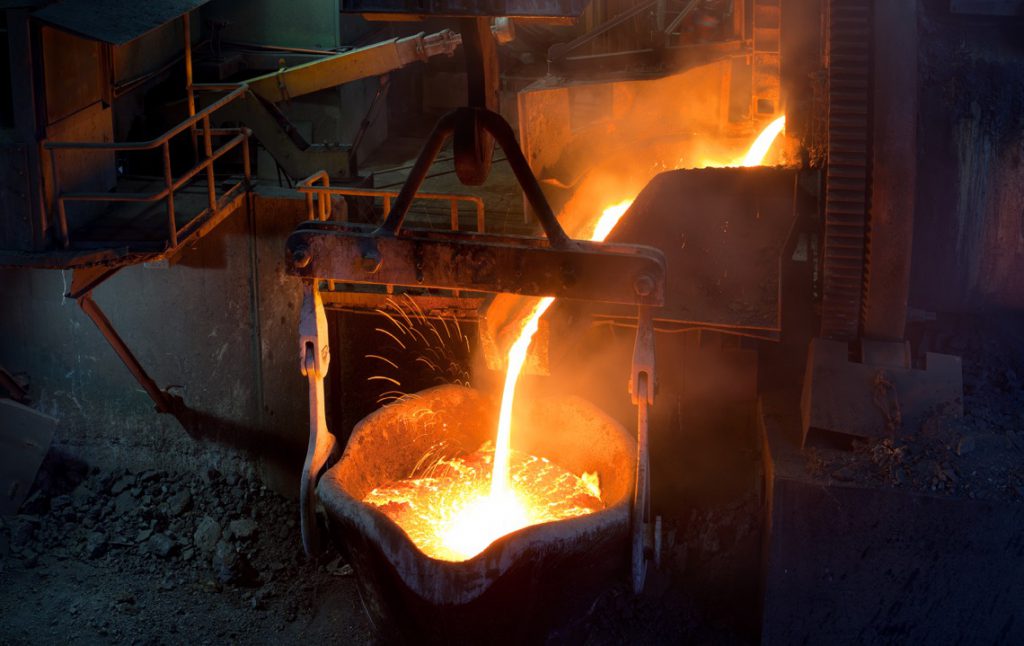Freeport Indonesia Halts Copper Cathode Production Following Smelter Fire
In a significant development for the copper industry, Freeport Indonesia has announced a halt in copper cathode production due to a fire incident at its newly established smelter. The company’s chief executive, Tony Wenas, emphasized the critical nature of this decision, stating, “Copper cathode production will exhaust the sulfuric gas that must be captured by this plant. With the occurrence of the fire, we will halt the production process.” This incident raises concerns about safety protocols and operational efficiency in one of Indonesia’s key mining sectors.
Investigation and Safety Measures
The duration of the production halt remains uncertain, as it is contingent upon the results of an ongoing investigation into the cause of the smelter fire. Wenas indicated that the company would conduct a thorough review of its production processes to ensure that such incidents do not recur. The safety of operations is paramount, and the company is committed to addressing any shortcomings that may have contributed to the fire.
In light of the incident, Indonesia’s investment minister, Rosan Roslani, announced that the government would review Freeport’s plans to ramp up production. This oversight is crucial, as it aims to ensure that safety measures are adequately implemented before any increase in output. The government’s involvement underscores the importance of regulatory compliance in the mining sector, particularly in a country rich in natural resources.
Background on the Smelter
The $3.7 billion copper smelter, which was completed in June and began operations in September, has faced its share of challenges. Initial production was delayed until November due to water and steam leakage during the testing phase. Despite these setbacks, the plant is designed to have an annual input capacity of 1.7 million metric tons of copper concentrate. This capacity could yield approximately 900,000 tons of copper cathode, along with 50 tons of gold and 210 tons of silver each year.
The smelter was expected to reach full production capacity by January 2025, a timeline that Freeport will now need to reassess in light of the recent fire. The company’s commitment to safety and operational integrity will play a crucial role in determining how quickly they can return to normal production levels.
Impact on Production and Future Plans
The halt in production not only affects Freeport Indonesia’s output but also has broader implications for the copper market. As one of the largest copper producers in the region, any disruption in Freeport’s operations can influence copper prices and supply chains globally. The company’s ability to navigate this situation effectively will be closely watched by investors and industry analysts alike.
Freeport’s statement regarding the fire indicated that there were no casualties or injuries, which is a relief given the potential dangers associated with smelting operations. However, the incident serves as a stark reminder of the inherent risks in the mining industry and the need for stringent safety protocols.
Conclusion
As Freeport Indonesia moves forward, the focus will be on ensuring the safety and reliability of its operations. The investigation into the smelter fire will be critical in shaping the company’s future production plans. With the government’s oversight and a commitment to safety, Freeport aims to not only recover from this setback but also to enhance its operational standards for the future. The copper industry, particularly in Indonesia, will be watching closely as developments unfold in the coming weeks and months.




